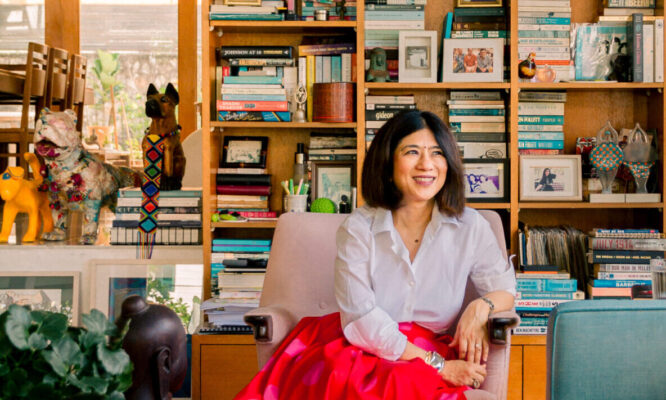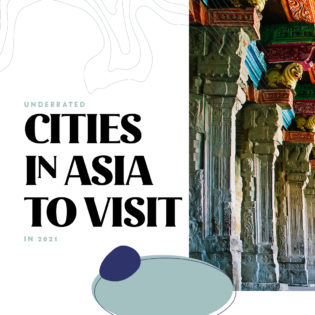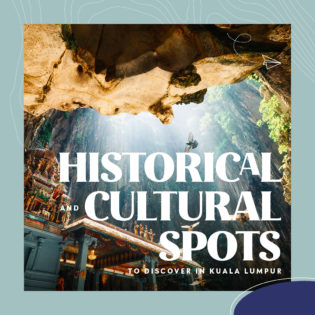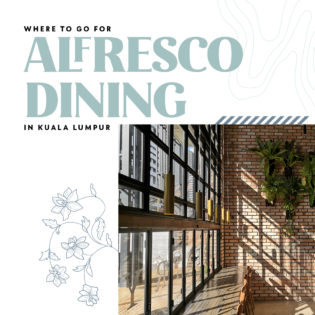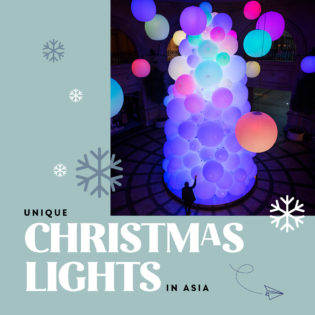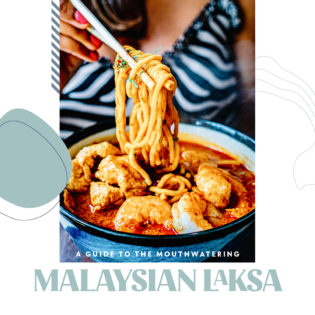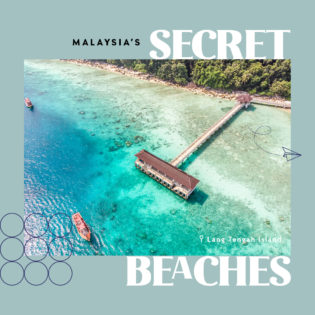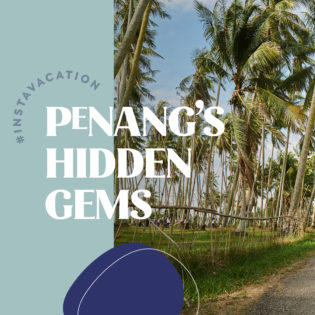Malaysian author and Man Booker Prize shortlister Tan Twan Eng on his favourite local haunts and why a story’s setting is as crucial as the characters itself
How does one reconcile the past and present? That seems to be the heart of what Penang-born author Tan Twan Eng seeks to untangle. His two novels, The Gift of Rain and The Garden of Evening Mists, both delve into history’s often complicated truths and a nation’s wartime scars. Set in places like Penang and Cameron Highlands, they have a cinematic quality to them and bring to life familiar landscapes, like the rolling tea plantations which become the backdrop of the enigmatic Japanese garden at the centre of The Garden of Evening Mists.
The book, which won the 2012 Man Asian Literary Prize and was shortlisted for the Man Booker Prize, was recently adapted into a film by HBO Asia and Astro Shaw starring Angelica Lee, Sylvia Chang and Hiroshi Abe. We spoke with Tan, who is currently based in Cape Town, on his thoughts about the film, how he’s spending his time these days and where he’s most looking forward to travel to next.
Film adaptations of novels can sometimes be tricky. Your thoughts on the film?
What I appreciated most about the film of The Garden of Evening Mists was how nuanced and subtle it was. [It’s] full magnitude of power swept me away when I saw it on the cinema screen at the gala premiere in Kuala Lumpur… I’m gratified that it’s been so warmly and enthusiastically received by audiences and critics in all the countries where it was screened. The cast and crew had created a timeless and affecting film. The cinematography, the music, the acting, the attention to the smallest period and linguistic details – they were all masterly. Every scene was framed and lit like a painting.
How important is the setting of a story to you?
The main setting should be a character by itself, especially when you’re writing about the past. I wanted that for Penang with The Gift of Rain, and there was never any doubt about it with The Garden of Evening Mists. Creating an evocative and atmospheric sense of time and place is one of the writer’s most basic obligations.
When I read a novel, I want to be immersed in its world.
When it became inevitable that I’d have to write about the creation of a Japanese garden, I realised there were only two settings in Malaysia with a suitable climate for it: Fraser’s Hill and Cameron Highlands. I chose Cameron Highlands because of its tea plantations and the fact that the communist terrorists were using the surrounding jungles as their base. The bonus was, of course, the Highlands’ very own famous enigma: the disappearance of Jim Thompson in 1967. Sharp-eyed readers will know that I referenced him in a cameo in my novel.
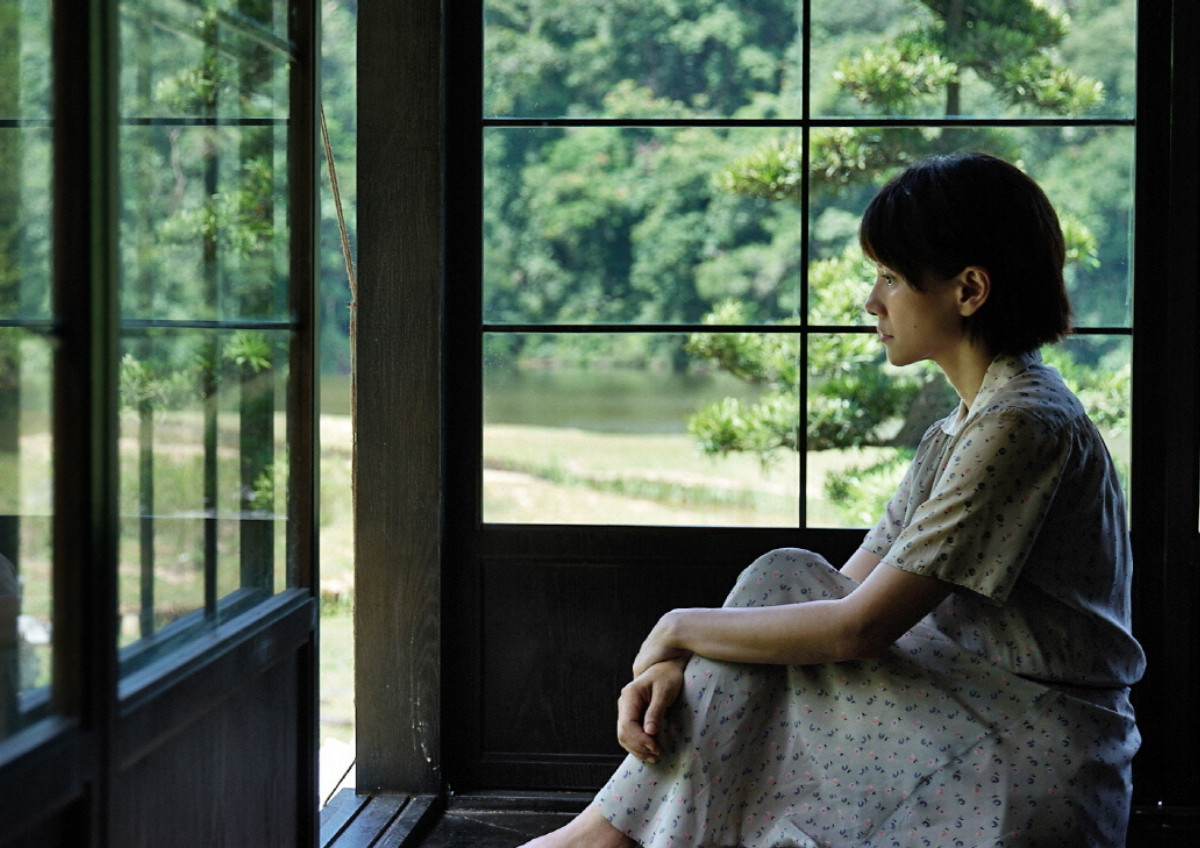
Read more: Miss travelling? Here are 7 books to transport you elsewhere
The reconciliation between past and present is a theme that runs through both your novels. Why is talking about history (and its sometimes painful, uncomfortable truths) so important?
It’s vital to know history, especially now, when so many people in the world – leaders of nations, opinion-makers, politicians – are seeking to rewrite the past to fit their agenda. History is being distorted in order to get us angry, to influence us and divert us down the road they want us to take. As LP Hartley wrote, ‘The past is a foreign country; they do things differently there.’ Well, we have to know how differently.
While my novels spotlight various facets of the past, it’s impossible to encompass every viewpoint. They are novels, not history books. For me, the story, the characters and the use of language must always take precedence.
What are some of your favourite places in Malaysia?
Penang is one of them. The best time to visit Penang is during the monsoon, when it rains day after day. I love walking in the streets of George Town then, when all is quiet, and the rain is falling, cooling the air, changing its very smell. You get a sense of what Penang used to be like, many years ago. My affection for any place is always strengthened when there’s a good bookshop there. Penang has two – Gerakbudaya Bookshop and its non-fiction offshoot, Hikayat.

Top three reads that you’d recommend, given that we’re all camped out at home?
I’m re-reading Steinbeck’s East of Eden – I first read it about 25 or 30 years ago – and Somerset Maugham’s short stories set in Asia. Another apt book to read during lockdown is Adrift in the Oceans of Mercy by Martin Booth, about a Russian cosmonaut stranded alone on a space station. He reflects on his life and his country’s – and humanity’s – painful history as his space station circles the earth every 89 minutes. It’s a lyrical and quiet novel by a criminally underrated author. I watch very little television – for some reason, my attention span can’t stretch to a whole episode of any series I start.

What’s on your post-lockdown to-do list?
Browsing in bookshops; going to the gym; going for long walks; reading a book in a quiet café. I’d love to do a long, slow journey in autumn and winter from the top of the United Kingdom all the way to its southernmost coastline, just driving through the country lanes and avoiding all the cities.
Lastly, could you share what you’re currently working on?
I’m working on remaining calm and maintaining my equanimity in these times. I’m also working on being a nicer person, but I confess that I find that very challenging.
